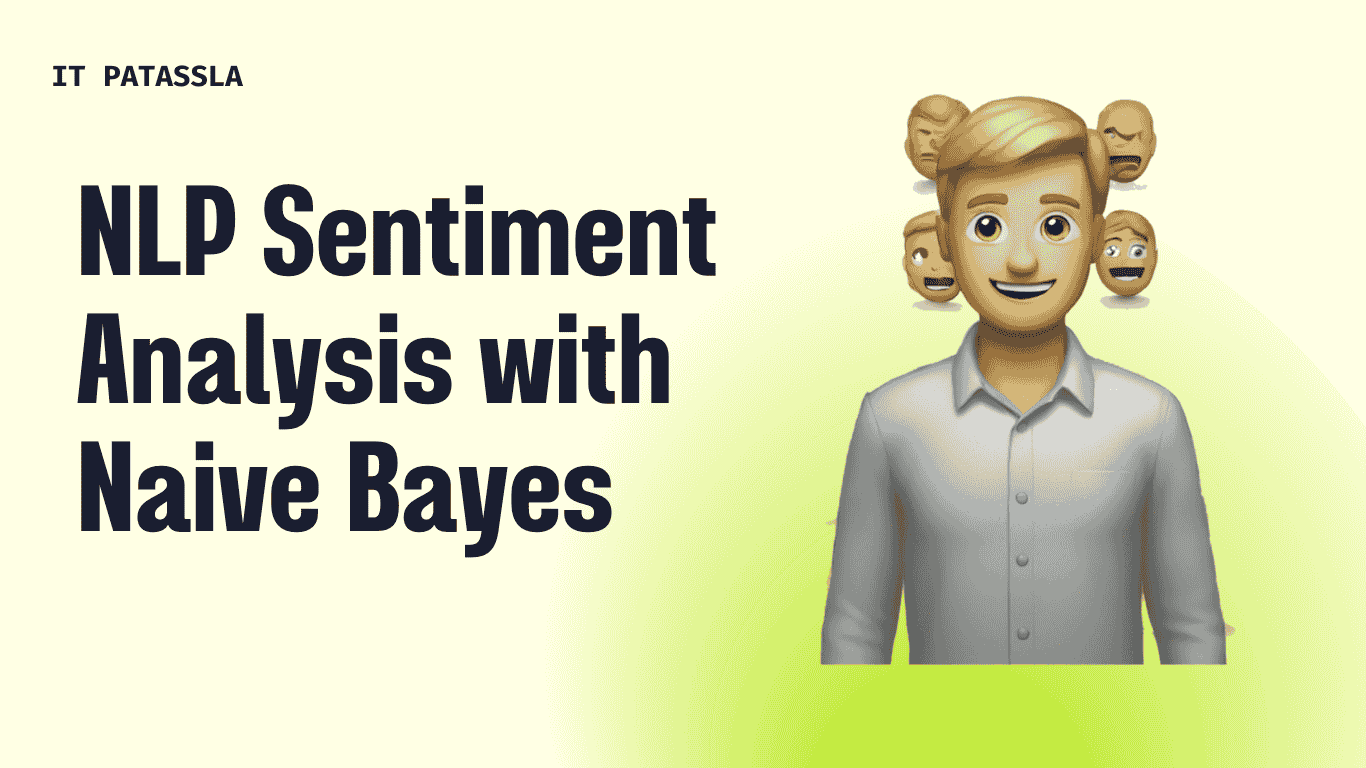Why is AI Important to Business in 2025
🤖 Why is AI Important to Business? Benefits, Use Cases & Future Insights
Artificial Intelligence (AI) is no longer science fiction—it’s the new engine of modern business growth. From startups to Fortune 500 companies, AI is transforming industries by automating processes, analyzing data at scale, personalizing customer experiences, and driving innovation.
But why is AI important to business, especially in today’s competitive, data-driven economy?
In this comprehensive blog post, we’ll explore how AI is revolutionizing business operations across sectors. Whether you’re a student, entrepreneur, or IT professional, this guide will give you a clear understanding of AI’s impact, benefits, challenges, and real-world use cases.
🧠 What is Artificial Intelligence in Business?
AI refers to the simulation of human intelligence by machines that can:
- Analyze data
- Learn from experience
- Make decisions
- Perform tasks intelligently
In a business context, AI is used to automate repetitive tasks, predict outcomes, personalize experiences, and uncover hidden patterns in large datasets.
Example:
When you get personalized product recommendations on Amazon or Netflix, that’s AI at work.
📈 How AI is Changing the Business Landscape
The business world is experiencing a digital revolution, and AI is at the heart of it.
According to McKinsey, companies that adopt AI see up to:
- 20% reduction in operational costs
- 50% increase in customer engagement
- 40% improvement in decision-making efficiency
AI gives businesses a strategic advantage by enabling faster, smarter, and more accurate operations.
✅ Benefits of AI in Business
Let’s break down the major advantages of AI for businesses, both large and small.
💰 1. Cost Reduction Through Automation
AI helps automate time-consuming, repetitive tasks:
- Data entry
- Invoice processing
- Inventory tracking
- Email responses
This frees up human employees to focus on high-value activities.
Example:
Accounts Payable automation using AI can process thousands of invoices with minimal human intervention.
🕒 2. Enhanced Efficiency and Productivity
AI-powered systems work 24/7, never get tired, and perform tasks faster than humans.
Example:
Chatbots like ChatGPT and IBM Watson Assistant can handle thousands of customer queries at once—reducing response time and improving user satisfaction.
📊 3. Data-Driven Decision Making
AI can analyze huge volumes of structured and unstructured data, helping leaders:
- Predict trends
- Make informed decisions
- Understand customer behavior
Real-world example:
Retailers use AI to analyze sales trends and predict which products will be in demand next season.
👨💼 4. Personalized Customer Experience
AI customizes user experiences based on past behavior, location, and preferences.
Applications:
- Personalized ads
- Product recommendations
- Predictive customer support
Example:
Spotify uses AI to create personalized playlists like “Discover Weekly” for millions of users.
🛡️ 5. Improved Security and Fraud Detection
AI is crucial in cybersecurity and financial fraud prevention.
Use Case:
- Banks use AI to monitor real-time transactions and flag suspicious behavior.
- AI algorithms identify anomalies and detect fraud patterns faster than manual systems.
🔍 6. Smarter Sales and Marketing
AI enhances marketing through:
- Predictive analytics
- Sentiment analysis
- Targeted campaigns
Example:
AI tools analyze customer behavior and recommend the best time to send an email campaign to maximize open rates.
🔄 7. Better Supply Chain and Inventory Management
AI can track goods in real time and predict demand surges based on seasonal or social trends.
Example:
Walmart uses AI to manage its inventory across thousands of locations using predictive forecasting and dynamic pricing.
🧠 Real-World Business Applications of AI
AI isn’t just a buzzword—it’s being used actively in every major industry. Here’s how:
🛍️ AI in Retail
- Personalized shopping experiences
- Virtual try-ons using AR/AI
- Predictive inventory management
Example:
H&M uses AI to determine which clothes to stock in which stores based on local trends.
🏥 AI in Healthcare
- Disease prediction using machine learning
- Drug discovery
- Patient diagnostics via medical imaging
Example:
IBM Watson can analyze cancer patient records and recommend personalized treatment plans faster than human doctors.
🏦 AI in Banking & Finance
- Credit scoring and loan approvals
- Fraud detection
- Robo-advisors for investment
Example:
PayPal uses machine learning to detect fraud patterns and block suspicious transactions instantly.
🚗 AI in Automotive
- Self-driving cars
- Predictive maintenance
- Smart navigation
Example:
Tesla’s Autopilot uses computer vision and deep learning to drive autonomously.
🎓 AI in Education
- Automated grading
- AI tutoring assistants
- Student behavior prediction
Example:
Platforms like Coursera and Duolingo use AI to adapt lessons to the learner’s pace and skill level.
🧾 AI in HR and Recruitment
- Resume screening
- Chatbot interviews
- Employee sentiment analysis
Example:
HireVue uses AI to analyze facial expressions and tone of voice during virtual job interviews.
📦 AI in Logistics and Delivery
- Route optimization
- Real-time shipment tracking
- Warehouse automation
Example:
Amazon uses AI-powered robots in its warehouses to manage stock and fulfill orders efficiently.
📌 Key AI Technologies Powering Business Innovation
- Machine Learning (ML): Learns patterns from data (e.g., recommendation systems)
- Natural Language Processing (NLP): Understands human language (e.g., chatbots)
- Computer Vision: Interprets visual data (e.g., facial recognition)
- Robotic Process Automation (RPA): Mimics human actions on digital platforms
- Predictive Analytics: Forecasts outcomes based on historical data
🚀 How Startups and Small Businesses Use AI
AI isn’t just for big enterprises. Startups and SMBs use AI for:
- Marketing automation (Mailchimp, HubSpot AI)
- Customer insights (Google Analytics AI)
- Content generation (ChatGPT, Jasper AI)
- Sales funnel optimization
Example:
A small ecommerce site can use AI to recommend products, write product descriptions, and answer FAQs—all without hiring extra staff.
🧩 Challenges Businesses Face with AI
AI comes with its own set of challenges:
- High Initial Cost: AI solutions can be expensive to implement.
- Data Privacy: Handling customer data requires strong ethics and compliance.
- Skill Gap: Lack of skilled AI professionals can slow down adoption.
- Bias in Algorithms: AI systems may inherit biases from data.
- Integration Issues: Legacy systems may not integrate easily with AI tools.
Tip: Start small with AI tools like chatbots or automated emails, then scale as you grow.
🧭 How to Start Implementing AI in Your Business
- Identify pain points where automation or analytics can help
- Collect relevant data and assess its quality
- Choose the right tools (e.g., TensorFlow, IBM Watson, Azure AI)
- Start with a pilot project
- Train staff to work alongside AI
- Measure impact and iterate
🔮 The Future of AI in Business (2025 and Beyond)
- AI + IoT = Smart Everything: Factories, cities, homes
- AI Co-workers: Human-AI collaboration in daily tasks
- No-code AI platforms: Anyone can build AI models
- Hyper-personalized marketing: AI will predict needs before customers express them
- AI governance: Ethical and legal frameworks will evolve
✅ Final Thoughts: Why AI is Critical for Business Success
AI is not just an emerging trend—it’s a necessity for future-proofing your business. From improving customer experience to driving data-backed decisions, AI empowers organizations to stay competitive in a fast-evolving marketplace.
If your business isn’t using AI yet, you’re already falling behind.
Now is the best time to learn, adopt, and invest in AI—whether you’re a student looking to upskill or a business owner aiming for digital transformation.
Also read these




